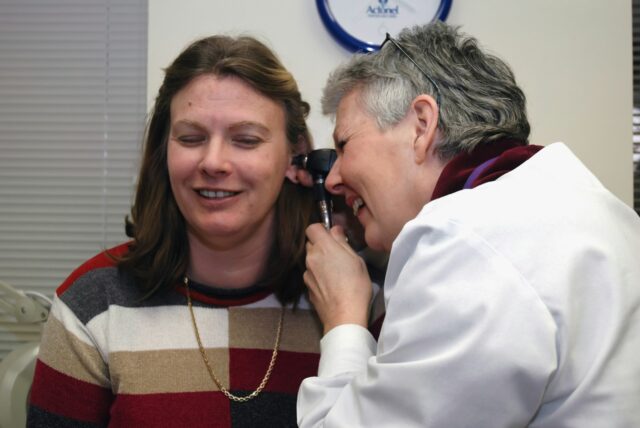
Ear, Nose, and Throat (ENT) specialists, also known as otolaryngologists, play a crucial role in diagnosing and treating a wide range of conditions affecting the head and neck. From hearing disorders to sinus problems, ENT specialists employ various treatments to alleviate symptoms and improve overall well-being. In this comprehensive guide, we will delve into the diverse treatments offered by ENT specialists and the corresponding conditions they address.
Diagnostic Procedures
Endoscopy: ENT specialists often use endoscopes to visually examine the inside of the nose, throat, and larynx. This diagnostic tool aids in identifying conditions such as nasal polyps, vocal cord disorders, and tumors.
Audiometry: For patients with hearing concerns, audiometric tests help assess the extent of hearing loss. This allows ENT specialists to recommend appropriate interventions, such as hearing aids or surgical options.
Treatment for Ear Conditions
Tympanoplasty: This surgical procedure is performed to repair the eardrum, addressing issues like perforations or chronic ear infections.
Cochlear Implants: ENT specialists may recommend cochlear implants for individuals with severe hearing loss. These devices stimulate the auditory nerve, enabling improved hearing function.
Ear Tube Insertion: Commonly done for children with recurrent ear infections, the insertion of ear tubes helps alleviate pressure and prevent fluid accumulation in the middle ear.
Nasal and Sinus Treatments:
Functional Endoscopic Sinus Surgery (FESS): This minimally invasive procedure is used to treat chronic sinusitis by removing nasal polyps and improving sinus drainage.
Septoplasty: Correcting a deviated septum is often achieved through septoplasty, addressing breathing difficulties and recurrent sinus infections.
Balloon Sinuplasty: This less invasive alternative to FESS involves inflating a small balloon in the sinus passages to widen them, promoting better drainage and relieving sinusitis symptoms.
Throat and Voice Interventions
Laryngoscopy: ENT specialists use laryngoscopy to visualize the vocal cords and diagnose conditions such as vocal cord nodules, polyps, or tumors.
Voice Therapy: For patients with voice disorders, ENT specialists may recommend voice therapy to improve vocal production and reduce strain on the vocal cords.
Thyroid and Parathyroid Surgery: Conditions affecting the thyroid or parathyroid glands, such as nodules or tumors, may require surgical intervention to restore proper function and alleviate associated symptoms.
Treatment for Head and Neck Tumors
Surgery: ENT specialists are often involved in the surgical removal of head and neck tumors. The specific surgical approach depends on the location, size, and type of tumor.
Radiation Therapy: In conjunction with surgery or as a standalone treatment, radiation therapy may be employed to target and shrink tumors in the head and neck region.
Chemotherapy: Systemic treatments like chemotherapy are used to manage certain types of head and neck cancers, especially when tumors have spread to other parts of the body.
Sleep Apnea Interventions
Continuous Positive Airway Pressure (CPAP): For individuals with sleep apnea, ENT specialists may prescribe CPAP therapy, which involves using a machine to maintain open airways during sleep.
Uvulopalatopharyngoplasty (UPPP): Surgical procedures, such as UPPP, are performed to address anatomical issues contributing to obstructive sleep apnea.
Conclusion
ENT specialists provide a wide array of treatments to address conditions affecting the ears, nose, and throat, as well as related structures in the head and neck. From diagnostic procedures to surgical interventions, their expertise is crucial in improving the quality of life for individuals dealing with a diverse range of ENT issues. If you or someone you know is experiencing symptoms related to the head and neck, consulting with an ENT specialist can lead to an effective diagnosis and tailored treatment plans for a healthier future.








